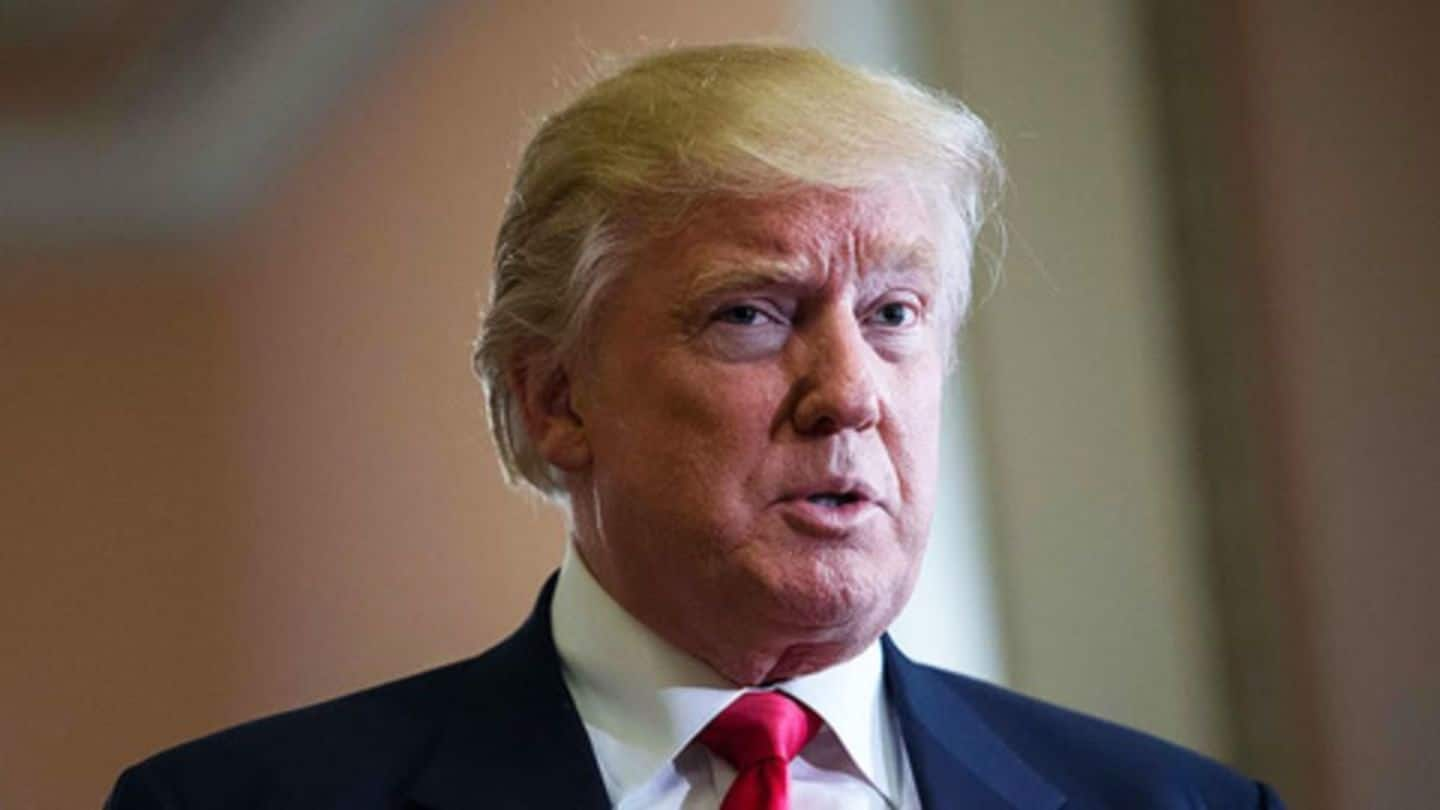
Trump's refugee ban gets temporary reprieve by Supreme Court
What's the story
Last week, US President Donald Trump's temporary ban on most refugees suffered a legal blow after an appeals court blocked it. However, on Monday, Supreme Court Justice Anthony Kennedy gave Trump's ban a brief reprieve by putting the order on hold. The lower appeals court's order would've come into effect on Tuesday, allowing 24,000 refugees to enter America if it weren't for Kennedy's intervention.
07 Sep 2017
Trump's attempt at restricting refugees rejected by appeals court
On September 7, the Trump administration's efforts to temporarily ban most refugees from entering America was rejected by a US appeals court. The court ruled that refugees having relations with an American resettlement agency, should be exempt from President Donald Trump's travel ban. The ruling reopened America's door to thousands of refugees and marked the latest legal blow to the president's controversial travel ban.
Information
Relatives of US citizens from banned countries allowed to visit
The three-judge panel at the 9th U.S. Circuit Court of Appeals in San Francisco also ruled that grandparents, aunts, uncles and cousins of legal U.S. residents, who hailed from six mainly-Muslim countries, are exempt from Trump's travel ban.
Context
Supreme Court had allowed enforcement of parts of travel ban
In June, the SC ruled that parts of Trump's travel ban on individuals from six predominantly-Muslim countries and all refugees could be implemented on a limited basis. However, it ruled that individuals having a "bona fide relationship with a person or entity in the United States" would be exempt. However, it didn't define what a "bona fide relationship" constitutes.
Explained
Loophole allowed Trump administration to block some refugees, relatives
The Trump administration defined "bona fide relationship" as immediate family members and in-laws, but not grandparents, cousins, aunts and uncles. Refugees linked to American resettlement agencies too didn't constitute "bona fide relationship." The state of Hawaii challenged the Trump administration's interpretation. A lower court judge ruled in favor of Hawaii. The Trump administration appealed to the appeals court. The court ruled against the administration.
Ruling
What the court of appeals ruling stated?
The court of appeals stated that the Trump administration didn't provide a "persuasive explanation for why a mother-in-law is clearly a bona fide relationship… but grandchild, aunt, uncle, niece, nephew, or cousin is not." It ruled that in a refugee's case, written assurances by a resettlement agency and its advanced preparation and expenditure for the refugee's settlement in America represents a "bona fide relationship."
Information
SC to take decision on refugee ban within days
Kennedy's decision will provide the SC's nine judges more time to consider the Justice Department's challenge of the lower court decision. Kennedy has asked challengers to the refugee ban to file a response to the department filing. The SC is expected to act within days.